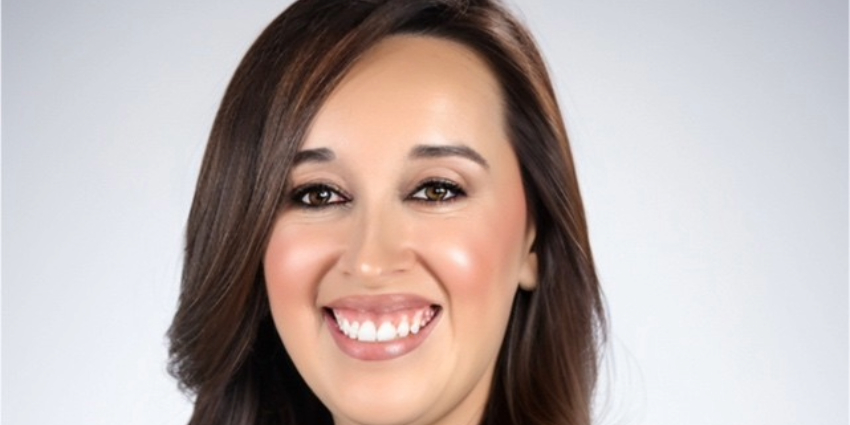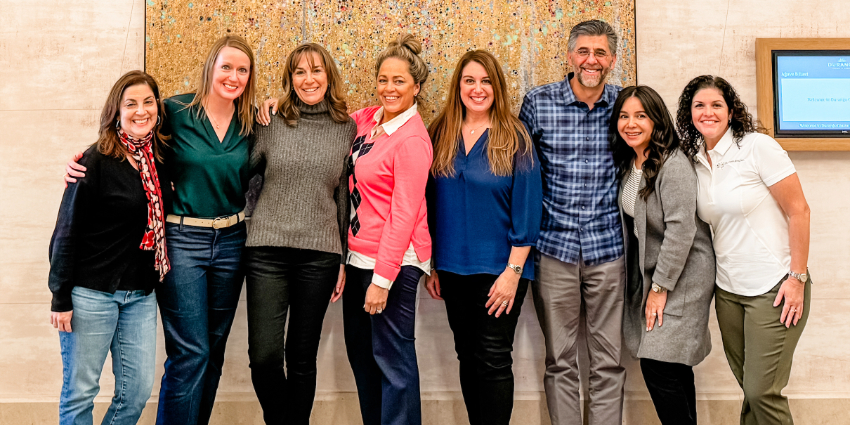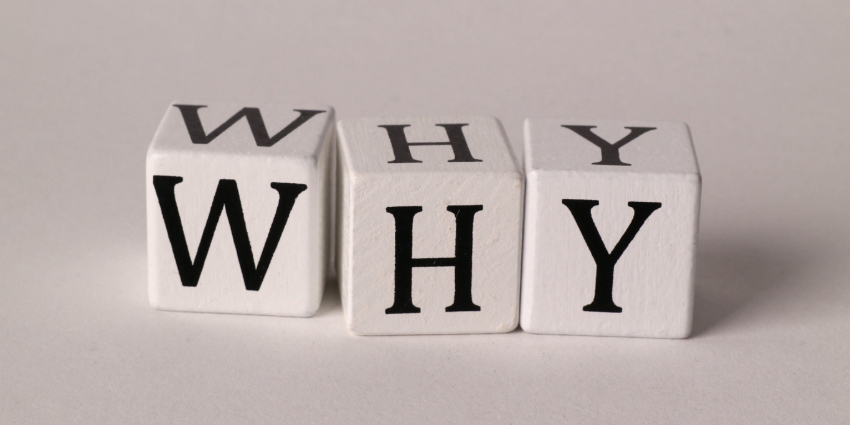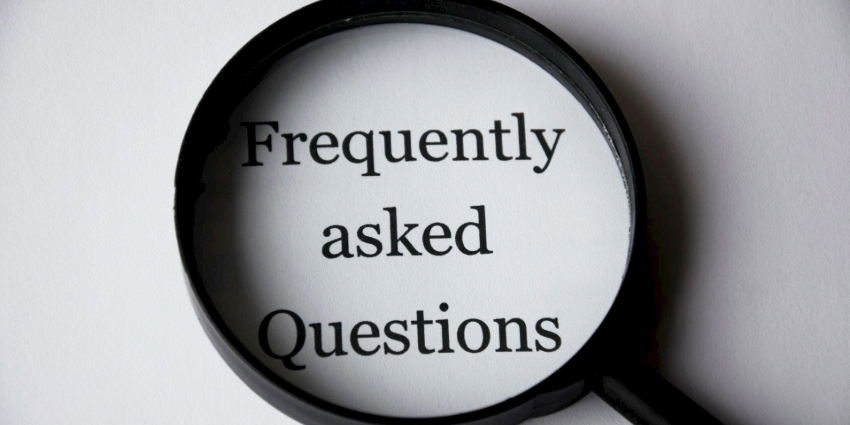Stephen M.R. Covey, author of Leading at the Speed of Trust, has a great saying: “You can’t talk your way out of something you behaved your way into.”
Read that again.
Pretty powerful, right? And pretty accurate. So where does that leave us when it’s time to make amends or right the ship (from a previous Thought Partner)?
If we behaved our way into a situation or the trust in our relationship(s) has hit a rocking path, how can we begin to mend the relationship, but also break the cycle or pattern of behavior that lands us in these situations.
Part ONE of how we can move our relationships forward in a more active way is learning how to accept an apology. Part TWO will be revealed next week…you’ll have to come back then.
When we remember that how we respond to others is important, we realize that trust and forgiveness go hand-in-hand.
How do you typically accept an apology? Do you say things like:
- “It’s okay”
- “It’s alright”
- “Don’t worry about it”
- “It’s no big deal”
You may feel as though you are being generous with these responses or that you are trying to move forward quickly; yet in reality, by offering any one of these responses, you’re allowing, accepting, and giving permission for the behavior to happen again. (Probably never thought of it like that, huh?)
When we instead say things like:
- “Thank you”
- “I accept your apology”
- “That really put me in an awkward position”
- “I didn’t know what I was supposed to do next”
we are forced to sit in our feelings rather than ignore them. And in turn, we force the other person to do the same.
While it may initially seem easier to brush off how we really feel than to express our discomfort with something that has occurred, it actually puts us into an unending pattern of behavior that serves neither party. Since we are not honest with the other person, we continue the cycle of letting them overstep our emotional limits.
We can put an end to this karmic chain by first acknowledging that we accept their request for forgiveness; often “thank you” is enough. However, if you want to take it one step further, and create a greater sense of trust and harmony in your relationship, gently, and with compassion, express your concerns about what has transpired.
By taking a deep breath and calling upon the true emotion you felt, you will find the right words that will let them recognize the consequences of what they have done and the emotions that resulted.
If we can remember that how we respond to others is important, we realize that trust and forgiveness go hand-in-hand. And when we react in a way that engenders a greater amount of honesty and candor, we will establish a more positive and empowering way of being and interacting with others.
Learning how to accept an apology is critical to moving relationships forward. Navigating what can trip us up, after we do, is coming next Friday!













